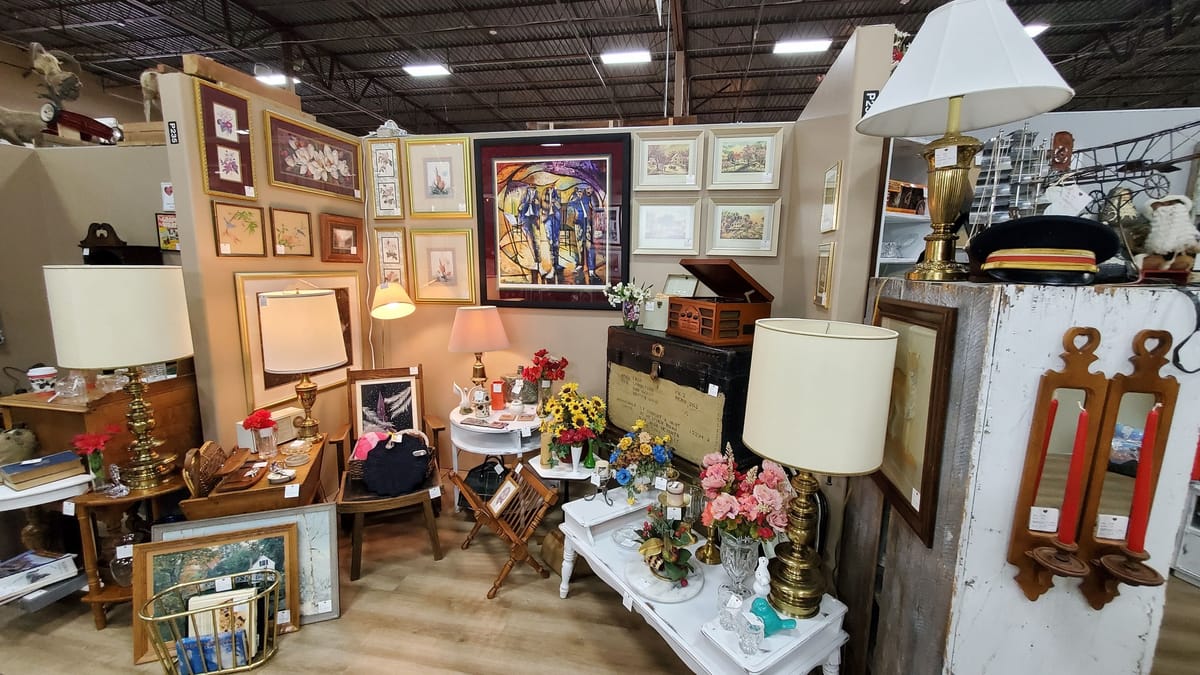Antique Booth Business Startup Checklist

Research and Planning:
[] Conduct market research to understand local preferences and competition.
[] Define your niche, whether it's a specific theme, era, or style.
[] Develop a business plan outlining goals, target market, and financial projections.
Legal Considerations:
[] Check local regulations for obtaining a business license.
[] Explore insurance options for inventory protection and liability coverage.
Location and Booth Rental:
[] Identify suitable antique malls or markets in your area.
[] Inquire about booth rental rates, terms, and any additional fees.
[] Choose a booth location that maximizes visibility and foot traffic.
Budgeting:
[] Determine startup costs, including inventory acquisition, booth rental, and displays.
[] Set a monthly budget for ongoing expenses like rent, utilities, and marketing.
Inventory Sourcing:
[] Establish relationships with reliable suppliers, auction houses, or estate sales.
[] Develop criteria for selecting high-quality and unique items for your booth.
Display and Merchandising:
[] Invest in appealing displays and shelving to showcase your items.
[] Create an aesthetically pleasing layout that enhances customer engagement.
Pricing Strategy:
[] Research market prices for similar items.
[] Develop a consistent and competitive pricing strategy for your inventory.
Record Keeping:
[] Set up an inventory management system using spreadsheets or dedicated software.
[] Keep detailed records of expenses, sales, and profits for financial tracking.
Marketing and Promotion:
[] Create a basic marketing plan, including online and offline strategies.
[] Utilize social media platforms to showcase your inventory and engage with potential customers.
Customer Interaction:
[] Be sure to spend time in your booth during business hours. Talk to people as they walk by and ask what they are looking for. As you are looking at Antique malls, be sure to talk to customers before deciding where to set up shop.
[] Collect customer contact information for future promotions and updates.
Adaptability and Flexibility:
[] Stay informed about antique trends and be open to adjusting your inventory.
[] Regularly assess and adapt your booth layout and displays for a fresh look.
Networking:
[] Connect with other antique dealers for insights and potential collaborations.
[] Attend local events and antique fairs to expand your network.
Continuous Improvement:
[] Regularly evaluate your business performance and identify areas for improvement.
[] Seek customer feedback and implement changes to enhance the shopping experience.
Legal and Ethical Considerations:
[] Ensure transparency in item descriptions, including any repairs or modifications.
[] Familiarize yourself with and adhere to consumer protection laws in your area.
Online Presence:
[] Establish a basic website or utilize e-commerce platforms for online visibility like eBay and Facebook Marketplace.
[] Maintain active social media accounts to connect with a broader audience.
We hope this checklist helps you get started as you are considering starting an antique booth business. By thinking through each item and how you will handle it for your booth and business, you can set the foundation for a successful venture in the exciting world of antique reselling.





